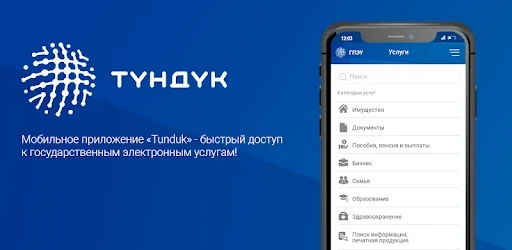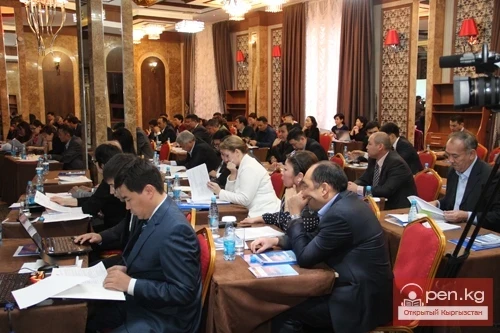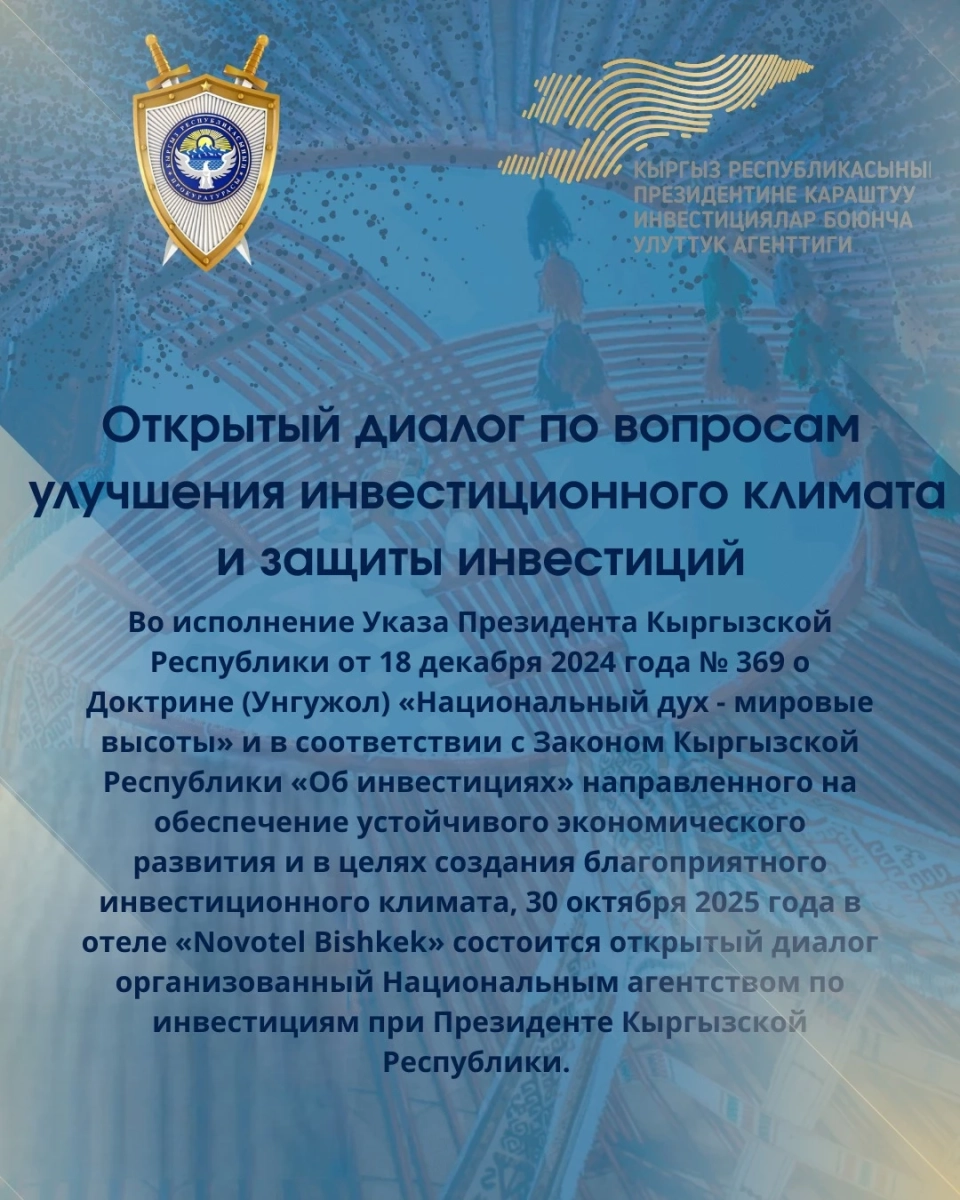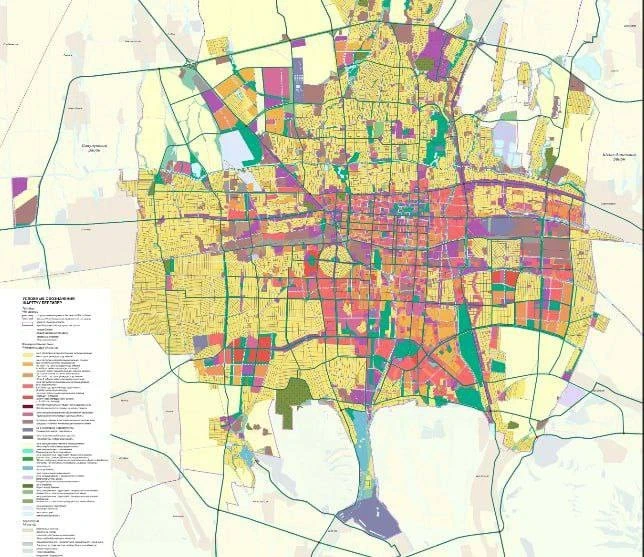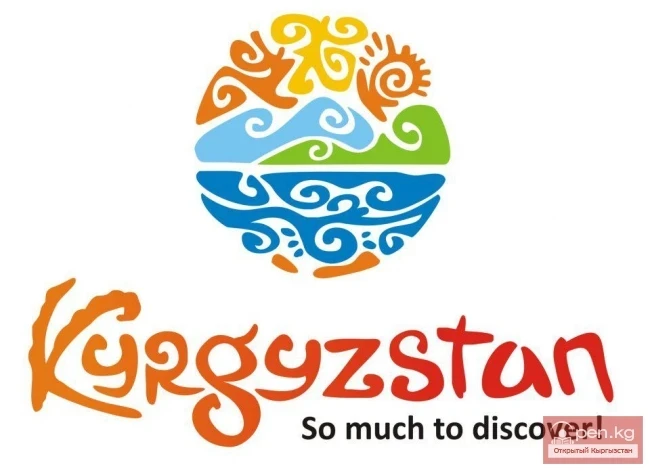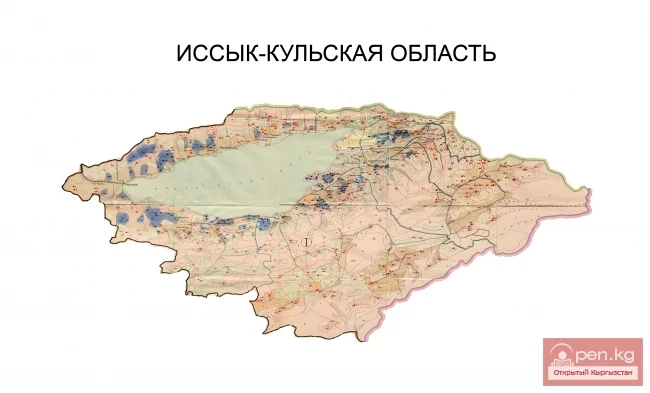
The Ministry of Digital Development and Innovative Technologies has presented for public discussion a draft resolution of the Cabinet of Ministers titled "On the Approval of the Regulation on the National Digital Ecosystem."
The purpose of this document is to implement the provisions of the Digital Code of the Kyrgyz Republic and to create a legal framework for the functioning of the National Digital Ecosystem (NatEcosystem). It will ensure data exchange between government institutions, local self-government bodies, as well as legal and physical entities.
The main task of the project is to create a unified environment for the development, integration, and use of digital services based on data provided by the state.
The key objectives of this project are:
- management of the processes of creating and operating the architectural components of the NatEcosystem;
- establishment of unified interaction standards for participants through the "Tunduk" system;
- ensuring compatibility and data exchange between digital solutions;
- development of digital services using real-time data analysis;
- stimulating digital transformation in various sectors of the economy and social sphere.
The NatEcosystem will represent a technological system designed to provide government and municipal services in electronic format.
The participants of this ecosystem will include:
- government bodies and local self-government bodies acting as providers of digital services;
- legal and physical entities who will be users and participants in the digital environment.
The elements of the NatEcosystem include databases, applications, web portals, technological platforms, and services for information exchange.
The architecture of the ecosystem will be built on the principles of modularity, scalability, cloud computing, and microservices approach, ensuring flexibility, resilience, and independence from technology providers.
The project also includes the creation of a "government services and data factory," which will accelerate the process of developing, testing, and implementing new digital products. Among these products will be services with elements of artificial intelligence, big data analytics, and open APIs.
The implementation of this project will allow:
- to unite digital services into a single ecosystem;
- to improve the availability and quality of government services;
- to reduce the time for implementing new solutions;
- to enhance the security and transparency of data exchange;
- to create conditions for the growth of the digital economy and innovative entrepreneurship.
The NatEcosystem will ensure social inclusion by providing citizens with equal access to digital services, including services for people with disabilities.
In addition, the project provides for the use of personalized services and simplified digital transactions between the government and citizens.
When developing the project, the best international practices for creating digital ecosystems were taken into account, borrowed from the experience of Estonia, Singapore, South Korea, the United Kingdom, Israel, the USA, and Germany.
Particular attention was paid to the EUSDP model (European Union - Singapore), as well as the GovTech Catalyst programs (United Kingdom), which demonstrate the effectiveness of public-private partnerships and a comprehensive approach to digitalization.

